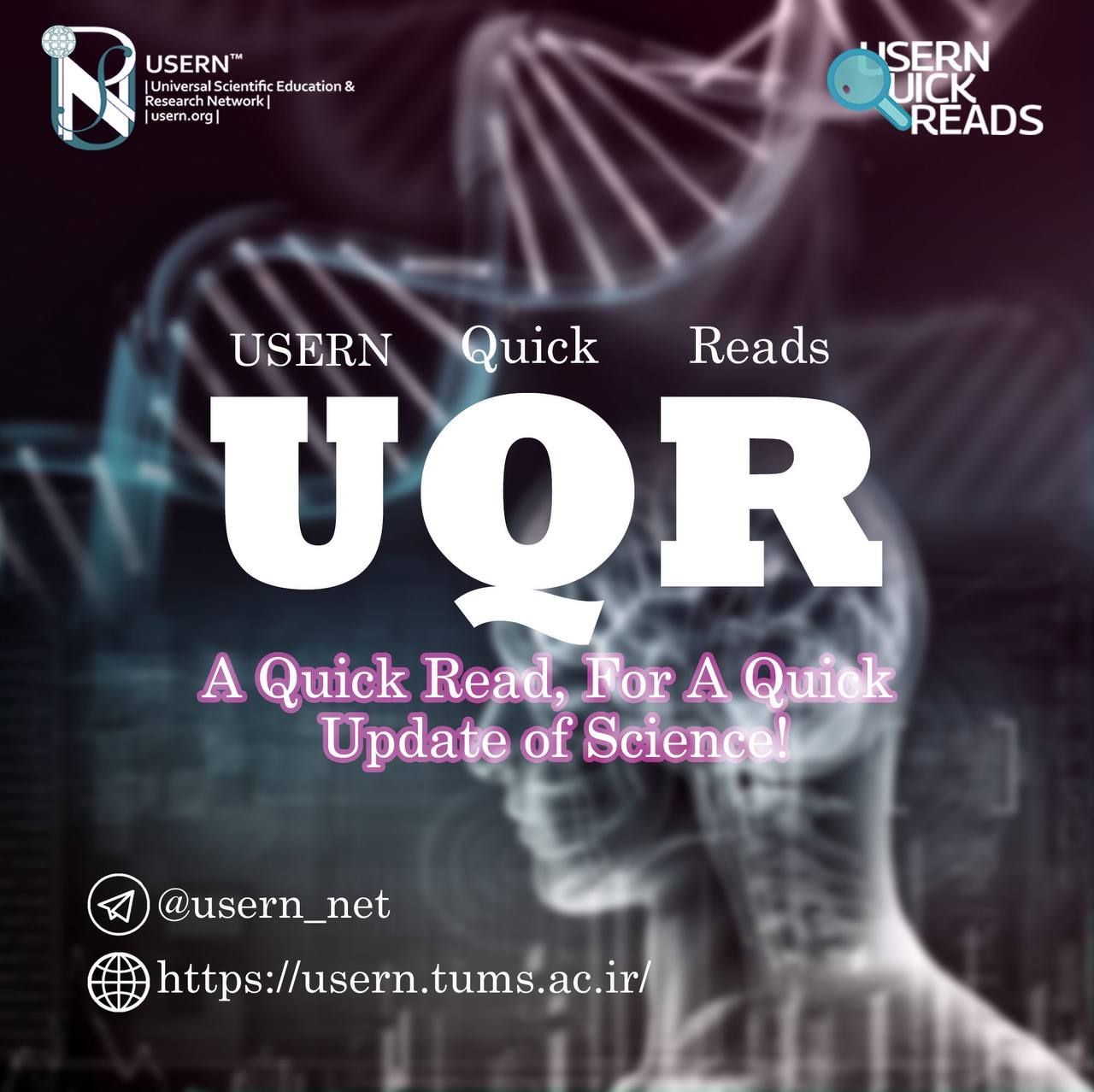Quick Reads
Chemical Basis of Interpersonal Trust Development

Trust Has So Many Definitions, But Let’s Define It as a Willingness to Accept Vulnerability or Risk, Based on Expectations Regarding another Person’s Behavior. USERN Junior Ambassador, Faiza Mumtaz Explains.
Isaac Watts once said “Learning to trust is one of life’s most difficult tasks”. Trust has so many definitions, but let’s define it as a willingness to accept vulnerability or risk, based on expectations regarding another person’s behavior, USERN junior ambassador, Dr. Faiza Mumtaz explains.
In the context of interpersonal relations trust is profoundly affected by the behaviors and interactions between the parties over time.
Trust is a dynamic variable and a vitally important concept for human behavior, affecting our interactions both with adversaries and competitors as well as with allies and friends.
Social attachment and trust development is vital for human health and welfare. Understanding the nature of trust is essential to figure out ways to improve it. A variety of individual and cultural differences can influence the type of trust generated within different contexts, the starting point or baseline level of trust, and the specific behavioral expression of trust. Meanwhile, most researchers agree on the fact that trust is driven mainly by a combination of cognitive and affective factors.
William Shakespeare said "Love all, trust a few, do wrong to none".
Social attachment and trust development is vital for human health and welfare. Understanding trust is essential to figure out ways to improve performance of individuals in personal life and their organizations. A variety of individual and cultural differences can influence the type of trust generated within different contexts, the starting point or baseline level of trust, and the specific behavioral expression of trust. Meanwhile, researchers agree on the fact that trust is driven mainly by a combination of cognitive/thinking and affective/emotional factors.
As far as biochemical bases are considered, trust might have a more direct, yet still highly complex biochemical foundation. Experimental evidence has revealed an explicit role for neurochemicals like dopamine and neuroactive hormones, especially the peptide oxytocin and vassopressin in mediating "trusting behaviors".
Oxytocin (OT) is technically a "neuropeptide hormone", hyperbolically described as the "trust hormone". OT is implicated in a diverse array of physiological and psychological processes including birthing, lactation, sexual arousal, and social behaviors, and appears to facilitate the forming of "social bonds" and attachments, enhance positive communications and perceived social support, and mitigate the stress-response and social anxiety in all of these situations. Studies have shown that administering OT in the body increases in cooperative and trust-like behaviors among studied animals.
Vasopressin is a peptide hormone with a chemical structure very similar to OT. Vasopressin expression is modulated by sex related factors and may promote somewhat different responses in men than in women. Besides its antidiuretic and hypertensive effect, vasopressin is associated with male-typical social behaviors, including aggression, pair bonding, scent marking, and courtship. In the central nervous system, vasopressin seems to be generally associated with increased vigilance, anxiety, arousal, and activation. Interestingly, increases in OT usually suppress vasopressin in a negative feedback manner.
Dopamine (DA) is one of the most important neurochemicals in the brain’s reward system. DA modulates emotions such as fear and regulates the brain’s perceptions of reward, particularly in social behavior. Dopamine pathways in the brain help regulate these reward signals in a manner that facilitate adaptive learning about "when to trust". In the case of interpersonal trust, fear is often prompted by a belief or feeling that the other person will either act against our expectations, against our interests, or both. Reward, on the other hand, occurs when our positive expectations about the other’s behavior are met. In that way, DA contributes to our decisions about when, with whom, and under what circumstances we might be vulnerable to another, and helps us to learn from our trust experiences and our assessments of others’ trustworthiness.
There are many other areas of the brain that play a role in trust related processes such as the Amygdala. Amygdala is the brain’s center for "fear-based emotional expression", helping us anticipate how the other person is likely to act. The prefrontal cortex is the brain’s cognitive control center, and helps us organize and evaluate the neurochemical signals of fear, threat, or reward and to analyze the situation from the other’s perspective to decide whether acting on trust is warranted in a particular situation.
In conclusion oxytocin, vasopressin and dopamine "induces a physiological process of social motivation that increases the probability of social interactions and trust development". The next time you wonder whether you trust someone or not, be sure to trust your amygdala, prefrontal cortex, and your neurochemicals! Your instinct can not be wrong!
PhD Candidate in Pharmacology
USERN Junior Ambassador to Pakistan
